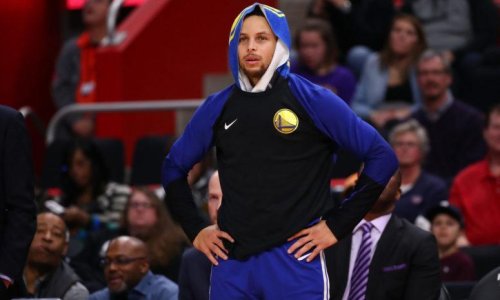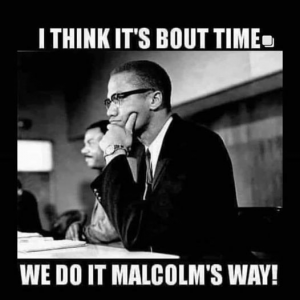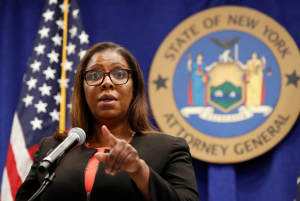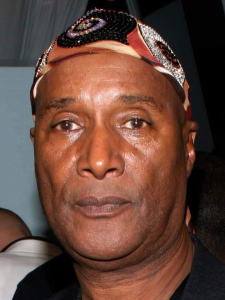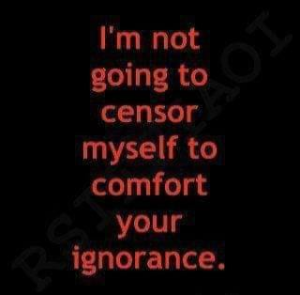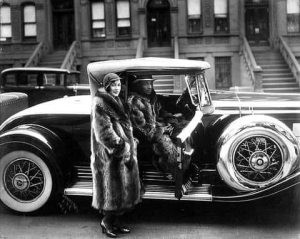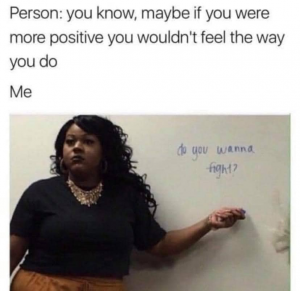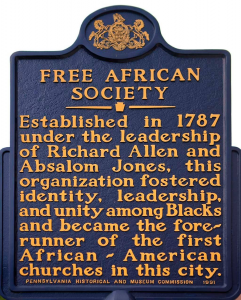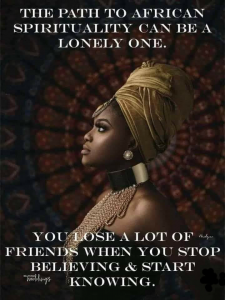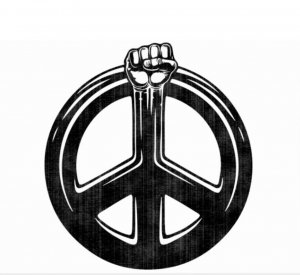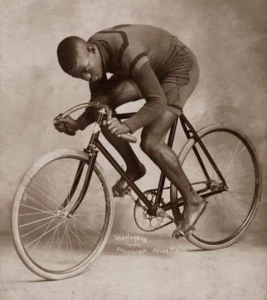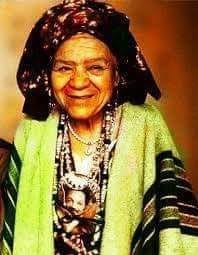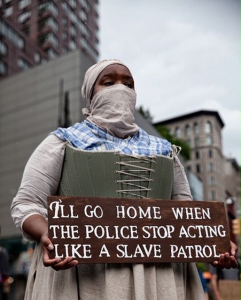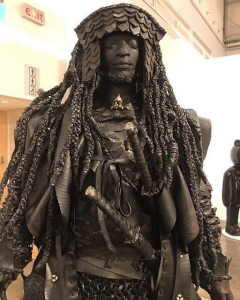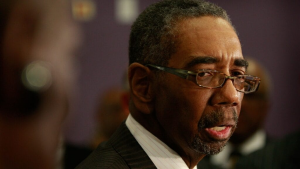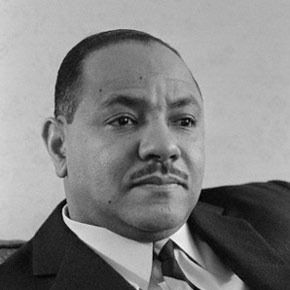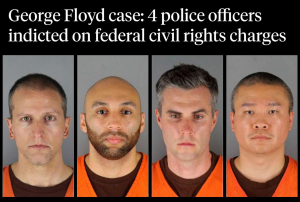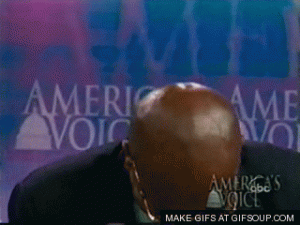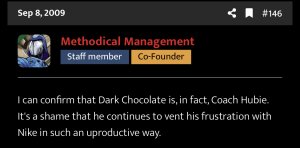- 269
- 646
- Joined
- Jan 26, 2020
I suspect you're "satisfied" with exiting the debate because you've reached the outermost limits of your ability to continue to participate without presenting something other than a loose assembly of lazy stereotypes.
In other words, you threw all the stones in your pockets and now you're content to run away.
Wrong suspicions. It's because I've come to understand your logic and didn't wish to continue a discussion where we can't agree. Moreover, you pointed yourself that criticizing Afro-Americans is "racist enough". Can't debate with someone who holds such assessments. So that'll be my last post in this thread, I'm tired of people accusing me of racism just because I hurt their feelings. (Also internal racism? As a very conservative Algerian it really made me laugh
 )
)I quote you:
It is not reasonable to close achievement gaps by demanding that one group must be exemplary while another is permitted to be merely average.
That seems to be the premise of your reasoning. Can't debate on what you infer from this, as I believe it to be completely false. So I'll respond on that matter only.
I'm referring to the need to acknowledge and dismantle structural barriers. If anything, your "bootstrap" mentality represents accommodationism and a demand to work within an unjust system.
I agree with the first statement. Concretely, how does one "dismantle structural barrier"? By working within the unjust system. It's as simple as that. I'm not saying Afro-Americans should just do well in school or whatever, then get your 150K comp and you'll see that America is good for you. I'm saying that they should worker harder, become those who -really- make decisions or have great influence. Does one Black institution have the influence of lobbies such as the pharma, arms, military or AIPAC lobbies?? Cause you know, the people who hold the US and work against you have that sort of influence.
You realize, too, that you're now simultaneously arguing that Algeria took the correct path, and yet failed to "organize" properly by your as yet unspecified standards. You can't have it both ways.
In 1954, 22 men meet and declare the beginning of an "unlimited revolution until total independence" (sic) of Algeria, they'll become local chiefs during the War. Just those words can show the strength of their will, even if the odds are against them and their cause seems to be doomed. Until 1962, peasants and farmers will take the arms and fight against an organized French Army, and win the War. This was the correct path, taking what was ours and fighting for it at all costs.
Now almost 60 years after, 98% of our exportations is CRUDE oil, processed by the French/Russians/Chinese, we import our food, our cars, our drugs. All of this while the puppets in place hide in Paris or Zurich, giving just enough money to the population to not rebel against them. What the f*ck my countrymen are doing? What are the people doing? Sleeping, for most!! Outside conspiracies -because they exist- against us can't explain it all, the people have to wake up for gods sake!
Our grandparents gifted us independence, and to thank them, we sell oil and sleep. So I'm not having it both ways, it's my country that had it both ways.
Let me add on something. I'm living in Canada, almost all -if not all- Algerian/Moroccan/Tunisian immigration is legal and I'd say from personal experience that 60% are educated and hold advanced degrees in hard science. Compared to the US and France, almost no systemic racism, the police here are kind and respectful, education is free and it's easy to find public schools of quality from primary to university.
Yet:
-80% of my north african friends and acquaintances didn't make it to university.
-50% have been -rightfully- arrested by the police for other than speeding or such, obviously
-between 20% and 40% have a criminal record
-10% have been in prison for 1 month+
Now if that's not sleeping...Now imagine in France where the system is already unjust and you begin the race beyond the starting line? I'll let you make the parallel with Afro-Americans if you want, I won't do it myself because it seems that observations are offensive and racist.
My point is that it's blatantly unjust to demand that every Black person be Barack Obama when White people can get away with being Donald Trump. It's all fine and well to encourage each individual to be the best they can be, but if we don't address systemic injustice then all you're really doing in the long run is placing the burden on Black people to compensate for and perpetuate a system that rewards White mediocrity.
Obama did nothing for the Afro-Americans. I may be wrong, but still, when I observe Afro-Americans pre-Obama and post-Obama I can't witness any changes for the community.
You don't need every Afro-American to be Obama, you just need enough Obamas to have a control on the laws. I'll make this point also: Whites can get away being Donalds because the system is in their favor. It isn't the case for the Afro-Americans.
About the statement in bold: the best each individual can do is not enough if it doesn't change the situation of their community. It's sad, harsh but truthful. Great success requires great sacrifice.
I'll finish on the fact that my greatest wish for Afro-Americans is that they take control of the US, which has taken so much from them until now. Seeing Afro-Americans thriving as a community in the US would inspire many others to do the same in the world. But I'm sure you'll find a way to interpret even this as a racist comment. Peace be upon you.
















